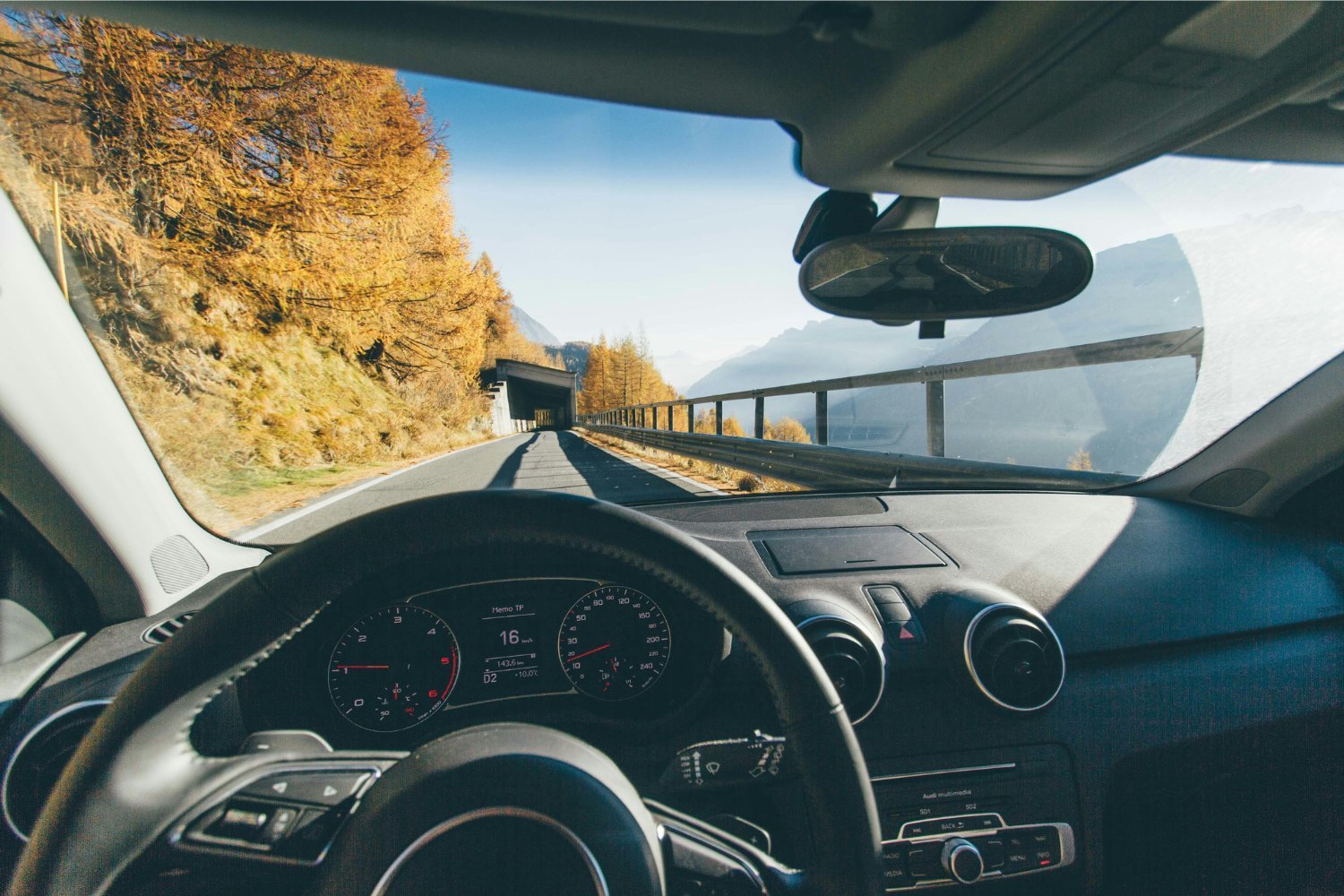Find out why using cruise control on the highway might be riskier than you realize

Reduced Attention and Slower Reactions
Using cruise control can lead to reduced attention on the road, as drivers may become more relaxed without having to worry about speed. This could impact their reaction time in unexpected situations, where quick responses are crucial.
Additionally, not having their foot on the accelerator pedal may delay a driver’s reaction to situations requiring immediate braking. Even a small delay can have a significant impact, especially in heavy traffic or unpredictable conditions.
Increased Fuel Consumption
Cruise control may impact fuel consumption, as it maintains a constant speed without adjusting for inclines or descents. This can result in higher fuel usage compared to manual driving that takes these variations into account.
While adaptive cruise control offers comfort, it may not be the most fuel-efficient option for those looking to save on gas.
Final Considerations
Although cruise control is beneficial for long journeys and stable roads, it’s essential to consider its drawbacks. Balancing safety, attention, and fuel efficiency may lead to choosing manual driving in certain circumstances.




